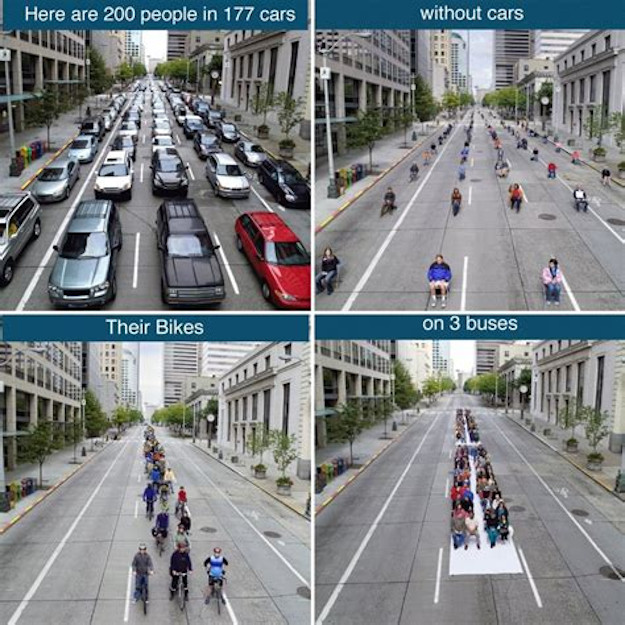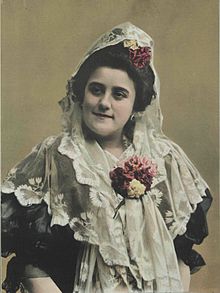We, as bikers, know all the benefits that riding a bike produces like human health improvement, environment protection, more free surface for people in cities, less dangerous crashes, you name it (or at least we should know them). Making efforts to promote it is an encouraging task which gives back pride in return. The problem is that sometimes we focus too much in people who are already cyclists or concern about the benefits of using bicycles.
I consider there are three types of persons in this regard: Those who are already convinced of the advantages of pedaling, those who are in the path of arriving to the previous group, and those cochistas who will never allow themselves to see positive points in bikes. I reckon the bike movement should focus more on convincing the group two of people, as indicated before. Most of them see bikes daily, have some concern in human and environment, check bad mood in car drivers, see cars and car infrastructure occupying too much surface in the neighbors stealing it from people, among others. They just need a little push to become riders and we, as experimented bikers, should constitute an example for them, transmit our good mood, explaining how it feels when riding a bicycle, all the benefits it has. This way more and more bicyclers will be seen on the streets which will encourage more people to pedal, politicians to build bike infrastructures and diminish car lines. In the end, all the people will benefit including those in the group three, though they will probably continue opposing bikes. Do not worry, their sons or grandsons will appreciate bikes.



